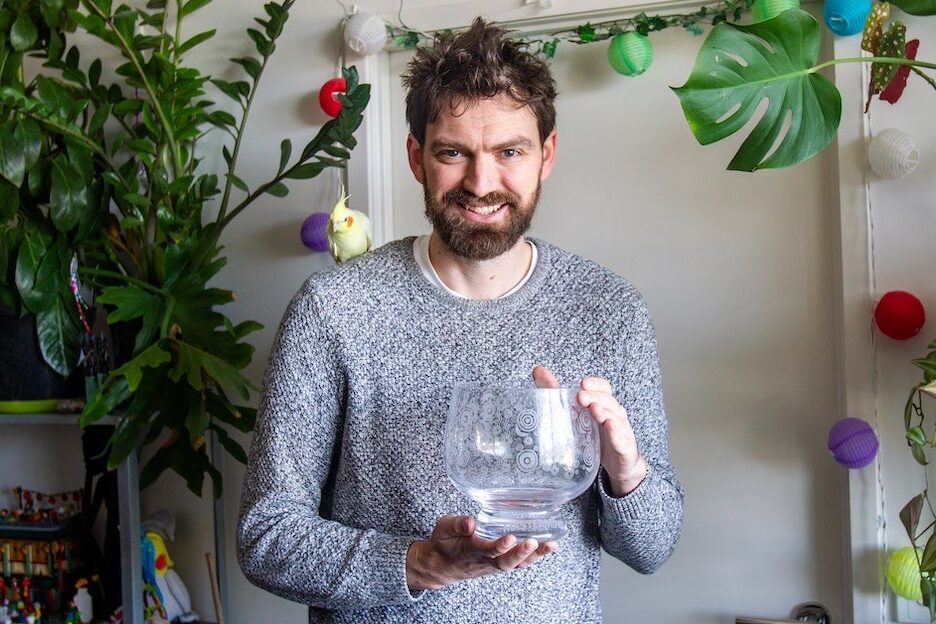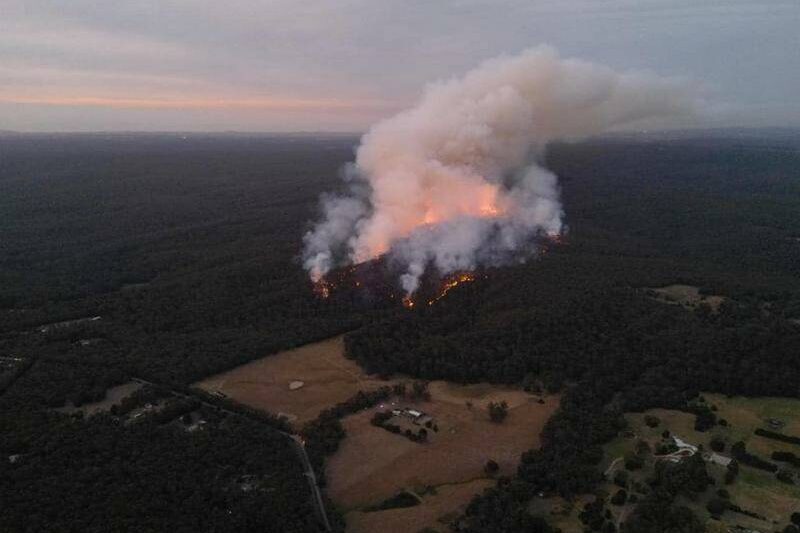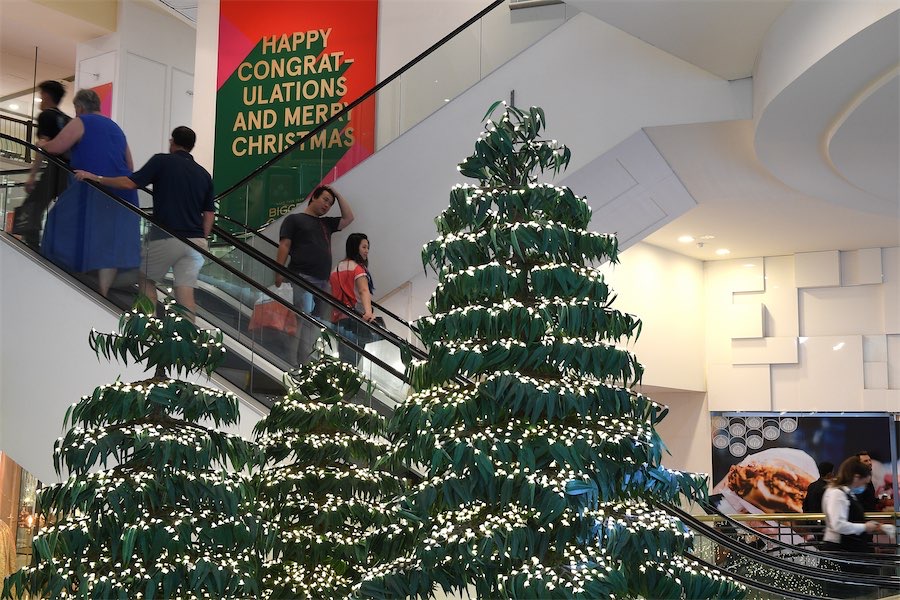
Mick Logue loves trivia, and he’s pretty good at it, being a three times Australian Pairs quizzing champion and a representative on the Australian national quiz team.
But most recently, the born-and-bred Canberran emerged as the victor of season 6 of the SBS quiz Mastermind.
The television game show is extremely difficult, but the 37-year-old’s expert knowledge on the Canberra Raiders (1989-1999), the Socceroos at the World Cup (2006-2022) and British sitcom, Men Behaving Badly, led him to victory.
Mastermind episodes involve two rounds, one on the contestant’s chosen subject and the other on general knowledge.
Episodes run 6pm Monday to Thursday, and each episode, four contestants compete, with the winner continuing to the weekly final, which takes place on Fridays.
The weekly final also features a “slow burn” round, where the contestant picks a category from a list of four, then, 10 clues are presented one at a time.
The contestant can guess the answer only once, but the earlier they guess, the more points they earn.
The grand-final includes a new specialist subject for each contestant, a slow burn round and a general knowledge round.
In March-April Mick took two weeks off from his role as duty manager at the Burns Club, Kambah, to prepare for the semi-finals and finals, but even then, he said, he still felt underprepared.
“I definitely had a bit of a mental breakdown before the grand final in the morning,” said Mick.
“What really got me was, so I was doing this TV show, Men Behaving Badly, and I’d watched it through that many times, but every time I watched it, I found something new, and I’m thinking, how many watches short am I at the moment?
“It was 12 to 14-hour days of just cramming, it was the hardest I’ve worked for anything in my life, and so much of the knowledge is just gone now.
“I would play along at home watching myself, I’m getting them wrong when I’m getting them right on the telly.
“And then there were some I just didn’t recall being asked, it’s such a blur in the chair.”
Mick said he initially got into trivia through his family, and until covid, had been running a pub-trivia hosting business, Trivial Excuse, full-time for 10 years.
“I started quizzing just around Canberra when I was 18,” says Mick.
“I couldn’t do it beforehand because my family was big into trivia, but they wouldn’t take me down to the pub when I was a child.
“I guess I found the options a bit bland, very generic, so I thought I’d give it a crack myself.”
Mick says the art to trivia is being as engaged as possible with the world around you.
He says: “You take in so much information during the day, and most of it just disappears.”
“If you can relate to it in some way, you can definitely ensure that a lot more sticks around.
“There’s this phenomenon called the Baader-Meinhof Phenomenon.
“Basically, there was a guy who found out about this terrorist group in the ’80s called the Baader-Meinhof Gang, which is why it’s called that, and he’d never heard of them before, but then once he’d heard of it the first time, he then saw they were just coming up everywhere.
“And so that’s like the bane of quizzes everywhere, as soon as you miss something, then you just start seeing it.”
As someone who frequently hosts trivia as well as participates, Mick credits its enduring popularity to its accessibility.
“I think it’s something everyone can do,” he said.
“And everyone knows something.
“When I’m hosting, I try to go as wide as I can, I like to include both highbrow topics and extremely lowbrow ones, so if the question you win on is something like a Kardashian or something of that nature, there’s no shame in knowing it, it’s all just stuff, it’s all knowledge.
“I think a really good question is one where people aren’t sure what they’re doing.
“They don’t have the answer but they know they have a chance, I like to put in obscure facts that are work-outable.”
Who can be trusted?
In a world of spin and confusion, there’s never been a more important time to support independent journalism in Canberra.
If you trust our work online and want to enforce the power of independent voices, I invite you to make a small contribution.
Every dollar of support is invested back into our journalism to help keep citynews.com.au strong and free.
Thank you,
Ian Meikle, editor




Leave a Reply